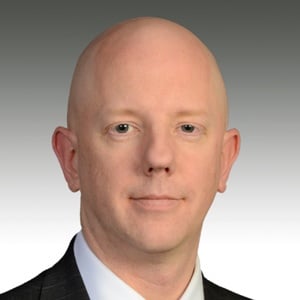
David J. Kupstas, FSA, EA, MSEA Chief Actuary
All industries have their own lingo. The pension industry is no different. No one would expect someone who doesn’t work in the field to readily know what “AFTAP,” “SB,” “11(g),” or “rate group” mean.
It’s one thing to have no idea what something means. It’s another thing to hear a term that sounds like it means one thing but really means something else. Maybe it’s just me, but the pension world seems to be rife with examples of misleading jargon. Even people that have been in the field a while can get these wrong.
Now that we’re through the October 15 Form 5500 filing season, I took a moment to compile a list of terms that have the potential to cause confusion. Do you find these as, um, interesting as I do?
- A “one-participant plan” can have 10, 30, or even 100 participants.
- However, a plan with one participant might not be a “one-participant plan.”
- You are permitted to exclude hourly employees, management employees, or some other group of employees from your plan, but that does not mean they meet the definition of “excludable employees.”
- Someone who owns exactly five percent of the business is not a “five-percent owner.”
- It is possible for someone earning $500,000 per year not to be a Highly Compensated Employee, while an individual working for the same company earning $50,000 per year could be a Highly Compensated Employee.
- There is a difference between a multiple-employer plan and multi-employer plan. A big difference, I might add. While we’re at it, a plan in which a number of companies participate may well be classified as a “single-employer plan.”
- There was once a concept in the law called “super top-heavy.” Unlike the other terms listed, this one means pretty much what you think it would. It’s just a funny term. It sounds like something you’d hear on an elementary school playground. “I’m top-heavy? Well, you’re super top-heavy. Nyaah, nyaah, nyaah.”
- Even though you’re required to make certain contributions to certain plans like 401(k)s, these plans are not subject to the “minimum funding requirements.”
- There are industries that most people would consider to be "service industries," such as restaurants, which would not be considered "service organizations" under the affiliated service group rules.
- Saying you’re amortizing a funding shortfall over “2 plus 7 years” is a little different than saying you’re amortizing that shortfall over a nine-year period.
There are probably other oddities in pension jargon. Can you think of any?



